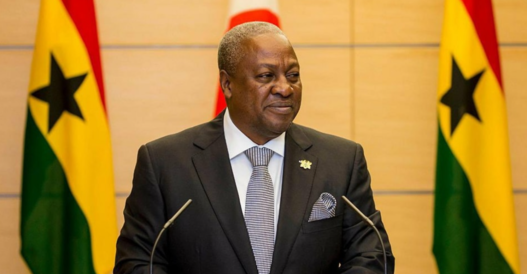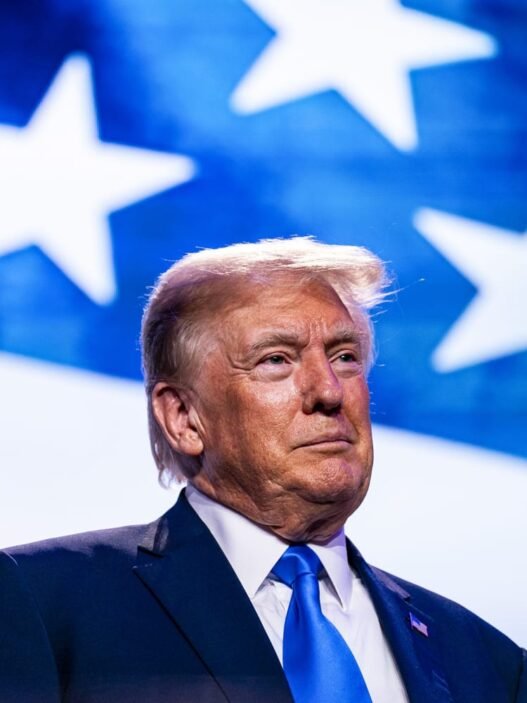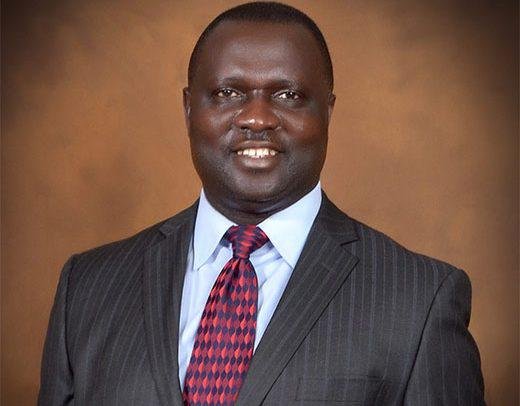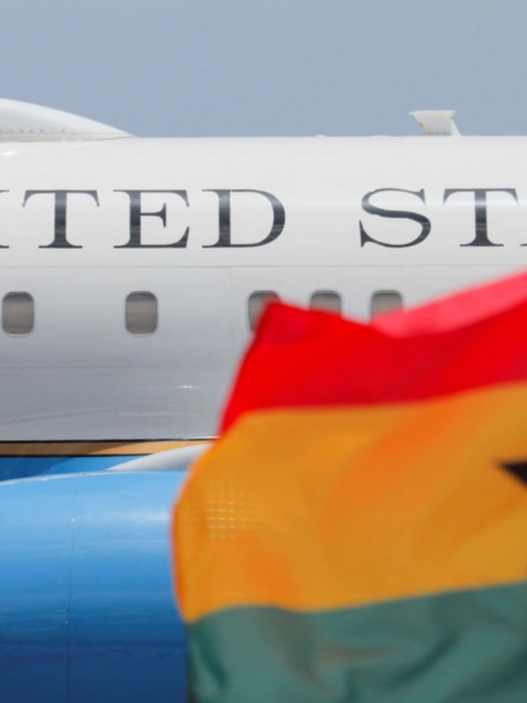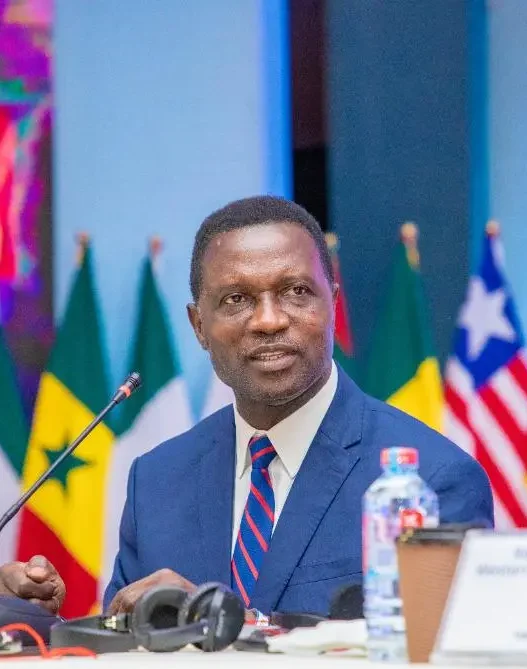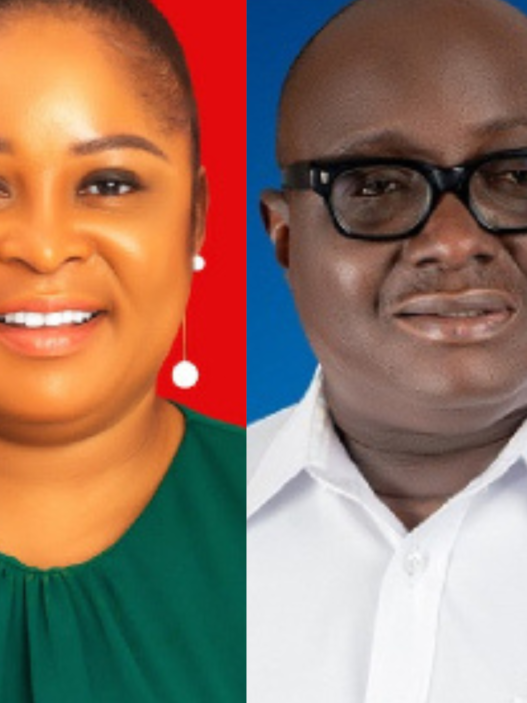In a significant political development in Ghana, the Electoral Commission declared former President John Dramani Mahama the winner of the country’s presidential election held on Saturday, December 7, 2024. Mahama, leader of the National Democratic Congress (NDC), garnered 56.55% of the vote in the provisional results, marking a historic comeback after serving as president from 2012 to 2016. His main rival, Mahamudu Bawumia of the New Patriotic Party (NPP) and current vice president, conceded defeat a day after the election, easing tensions and pledging support for a smooth transition of power.
The Electoral Commission announced that 267 out of 276 constituencies had been counted, with voter turnout reaching 60.9%. Mahama’s victory reflects widespread dissatisfaction with the current government’s handling of Ghana’s economic challenges, particularly the spiraling cost-of-living crisis that has plagued the nation, which is known for producing cocoa, gold, and oil.
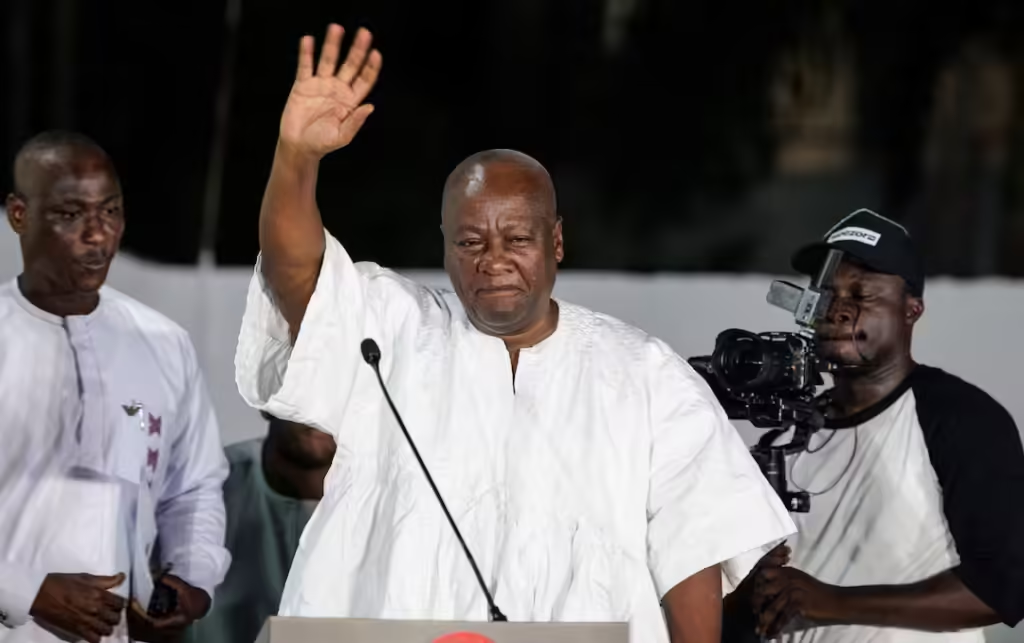
A Promised Return to Stability and Reform
Speaking to jubilant supporters in the capital, Accra, Mahama expressed gratitude for the victory and highlighted the mandate given by the people of Ghana. “This mandate serves as a constant reminder of what fate awaits us if we fail to reach the aspirations of our people and govern with arrogance,” Mahama said. “The victory shows that the Ghanaian people have little tolerance for bad governance.”
He went on to promise “severe measures and governance reforms” in his administration, focusing on resetting the nation and restoring faith in the political system. Mahama’s rhetoric stressed the need for a shift from the current government’s policies, which he criticized for exacerbating Ghana’s economic crisis.
Economic Reform Plans
In his campaign, Mahama outlined a series of proposals aimed at revitalizing the country’s economy. He pledged to renegotiate the terms of the $3 billion International Monetary Fund (IMF) bailout secured by the Akufo-Addo administration, with the goal of restructuring Ghana’s growing debt. Additionally, Mahama proposed the introduction of a 24-hour triple-shift work system to increase productivity, tax reforms to stimulate growth, and a $10 billion investment in modernizing infrastructure.
The economic crisis, marked by soaring inflation and a mounting national debt, has been a key factor driving public discontent with the government, and Mahama’s proposals resonate with voters seeking relief.
The Concession of Mahamudu Bawumia
As tensions began to mount following the election results, Mahamudu Bawumia, the NPP’s presidential candidate, chose to publicly concede defeat. In a statement released on Sunday, Bawumia acknowledged Mahama’s victory and expressed his commitment to ensuring a peaceful transition of power. “I have called John Dramani Mahama to congratulate him and offer my full support in the continued peace and development of our nation,” Bawumia said.
This concession comes after a tense election period, where both major political parties accused each other of misconduct. However, Bawumia’s swift recognition of Mahama’s victory has been widely praised for helping to maintain political stability and national unity.
A Historic Moment for Ghana
John Dramani Mahama’s victory marks an important milestone in Ghana’s democratic history. As one of the few African nations to experience peaceful transitions of power, Ghana’s commitment to democratic values continues to inspire the continent. Mahama’s return to power signals a shift in leadership at a time when economic recovery and governance reforms are urgently needed.
In the coming weeks, the newly elected president will focus on preparing for the transition while keeping his promises of reform. His first actions in office will likely include addressing the country’s economic challenges, pursuing debt restructuring, and advancing infrastructural projects to revitalize the national economy.
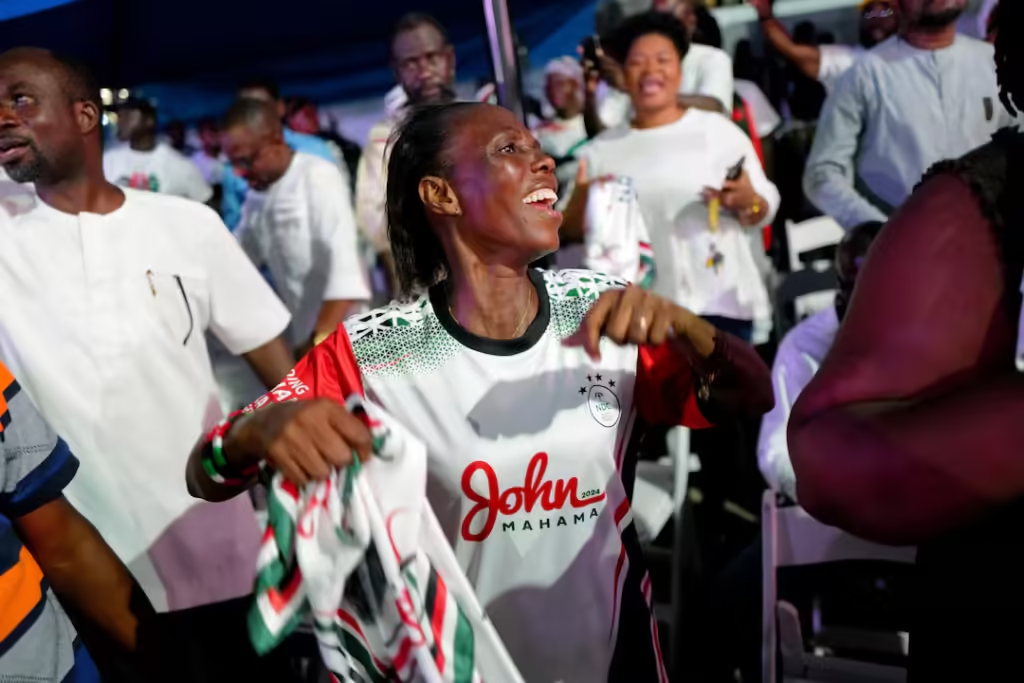
Conclusion
Ghana’s 2024 presidential election has resulted in a significant change in leadership, with John Dramani Mahama returning to the presidency after his earlier tenure. As Mahama sets his sights on governance reforms and tackling Ghana’s economic crises, his victory is a testament to the power of the electorate in shaping the future of the nation. With Bawumia’s gracious concession and commitment to a peaceful transition, the path forward appears poised for cooperation and progress.









